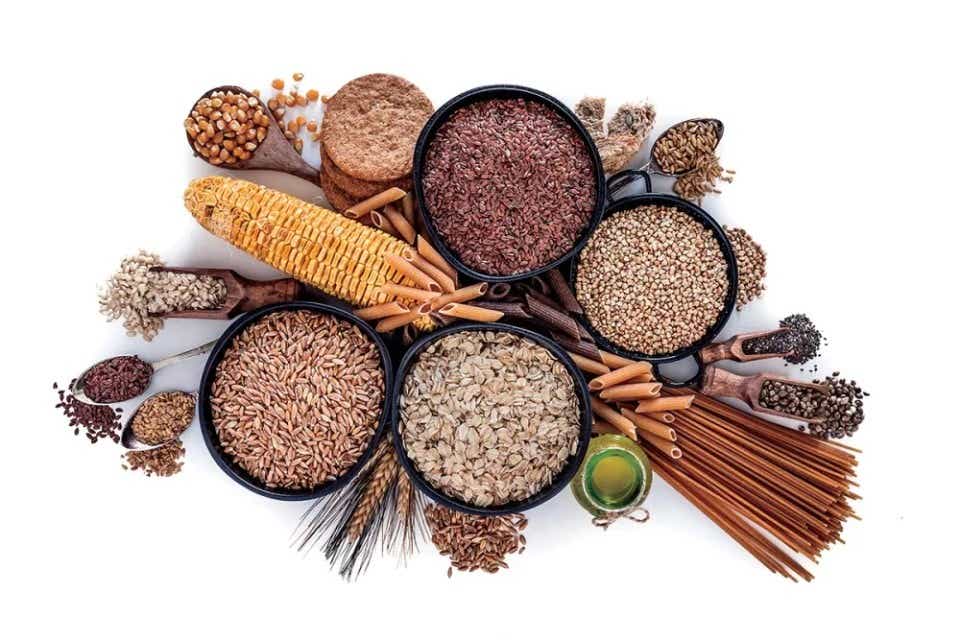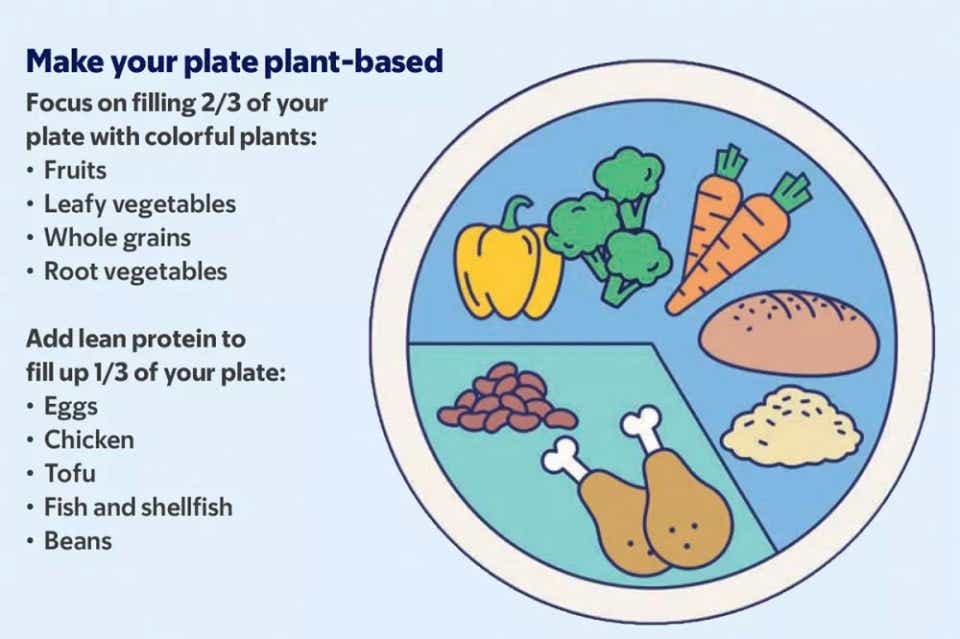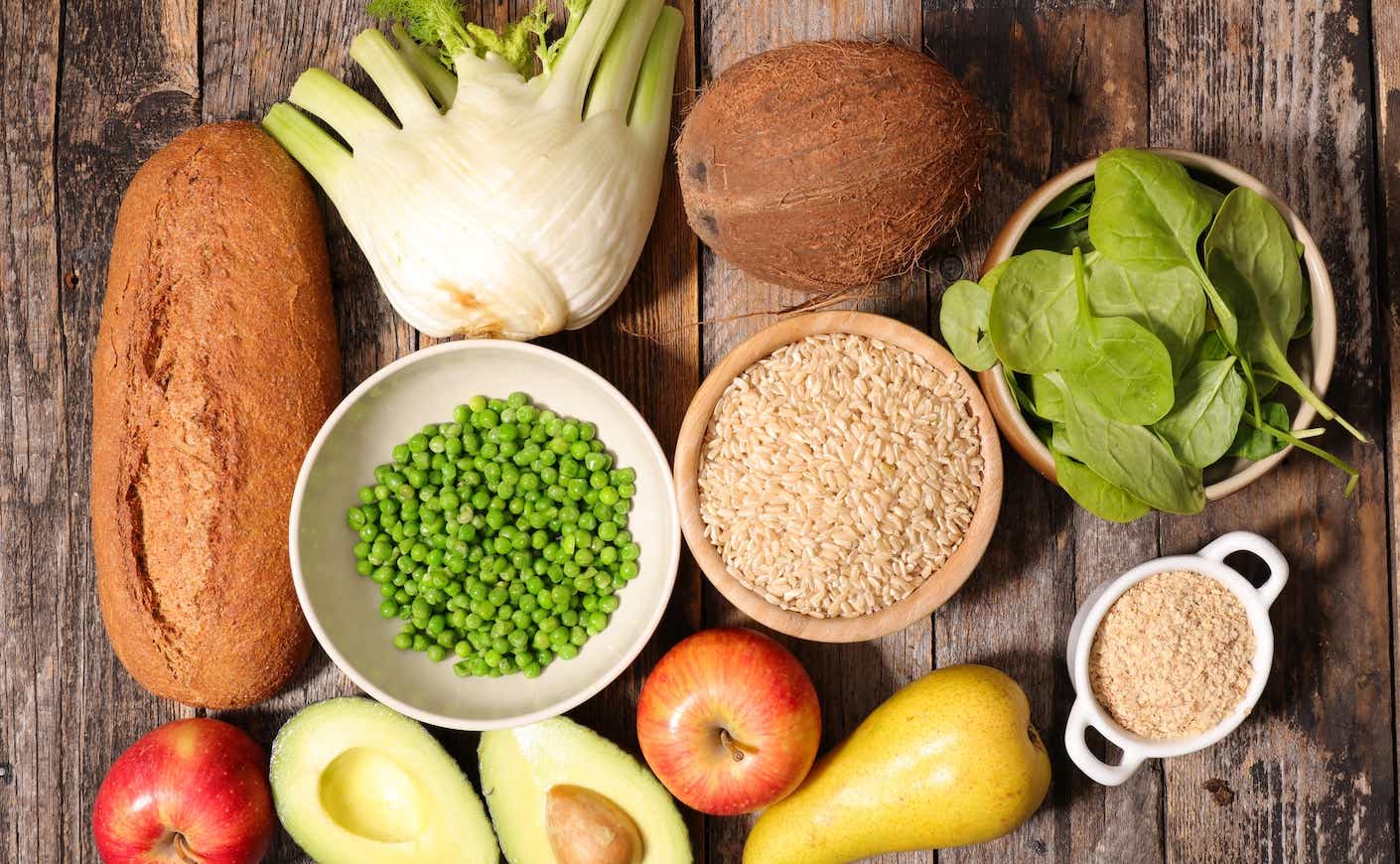Fiber isn’t just good for digestion — it could save your life. Studies show that consuming more fiber is associated with a lower risk of certain cancers, including colon cancer.
Younger Americans are being diagnosed with colon cancer at unprecedented rates, and scientists now believe the trend could be linked to low fiber consumption. Enter fibermaxxing, a new diet trend that encourages maximizing your fiber intake. With help from a nutritionist at Memorial Sloan Kettering Cancer Center, we’re exploring whether fibermaxxing is worth the hype.
Why aren’t most of us getting enough fiber?
If you think you’re getting enough fiber in your diet, think again: A whopping 90 percent of Americans aren’t consuming enough fiber through diet alone. The biggest culprit in this shift toward a low-fiber diet is our recent reliance on fast, pre-packaged, and ultra-processed foods. “You should consume the bulk of your fiber from whole foods like whole grains, vegetables, and fruit,” says clinical dietitian-nutritionist Cara Anselmo, MS, RDN. When these natural food groups are replaced by packaged snacks and frozen dinners, the fiber they contain is replaced right along with them.

What’s the connection between fiber and colon cancer?
“Eating enough fiber is often overlooked as one of the healthiest things we can do for ourselves,” says Anselmo. There are a number of reasons why fiber is crucial for overall health, including the fact that it lowers cholesterol and reduces inflammation. There’s also evidence suggesting that consuming more fiber may lead to a lower risk of colon cancer. Ultra-processed foods, which are generally low in fiber, became popular in the 1970s, with a significant rise in consumption in the past 25 years. As scientists continue to study why colon cancer rates are rising among young, seemingly healthy adults, the fact that they’ve been raised on ultra-processed, low-fiber diets could offer a clue.
Fiber is a non-digestible carbohydrate, meaning it stays in your colon long after other components of the food it’s in have broken down. As it sits there, Anselmo explains that it begins to ferment: “When the bacteria in our colon ferment fiber,” says Anselmo, “it produces metabolites, which reduce inflammation and protect colon cells.” This process of fostering a healthy population of gut bacteria is what leads to a healthy microbiome. Fiber can also help improve metabolic health by increasing the speed at which food passes through our gut, which then lowers absorption and exposure time to less healthy foods we may have consumed.
The two main types of fiber — soluble and insoluble — can both lower your risk of developing colon cancer. Soluble fiber is found in foods like apples, bananas, berries, peas, and citrus fruits. Insoluble fiber is found in foods like whole grains, nuts, and seeds.

What is fibermaxxing?
Anselmo suggests that most people require around 25 grams of fiber per day. Consuming more than 25 to 30 grams of fiber per day would be considered fibermaxxing. That means consuming foods that are mostly, if not all, very high in fiber. If you’re looking to get the most fiber bang for your buck, a whole avocado contains around 10 grams of fiber, and just a half cup of dried figs or lentils gives you 8 grams of fiber. Food labels include fiber content, so check them out before putting anything in your grocery cart.

If you decide to try a fibermaxxing diet, Anselmo suggests starting slow: “Add fiber gradually, through simple changes like switching white breads and pastas to whole grain or whole wheat sources.” It’s also important to remember that juicing can strip away essential fiber found on a fruit’s skin, so aim to blend fruit with the skin on, or eat it whole instead.
Are there risks associated with fibermaxxing?
Like many restrictive diets, there are some potential drawbacks to fibermaxxing, and Anselmo warns that eating excess fiber won't prevent cancer on its own. Eating a high-fiber diet at the exclusion of other foods may lead to a deficiency of other important vitamins and minerals, so ensure your meals are always well-balanced. Anselmo also notes that eating too much fiber too quickly can lead to bloating and cramping, so make sure to pace yourself. Finally, since fiber absorbs water as it slowly moves through your digestive tract, it’s essential to drink enough water to help avoid constipation.
Whether you want to try full-on fibermaxxing or just want to increase your daily fiber intake, make sure to talk to your doctor before making any major changes to your diet. But as the experts at MSK continue to study the link between fiber and cancer risk, one thing is clear: When it comes to gut health, fiber is most certainly your friend.
To keep up on the latest cancer care and research, subscribe to the monthly newsletter, MSK Now.









